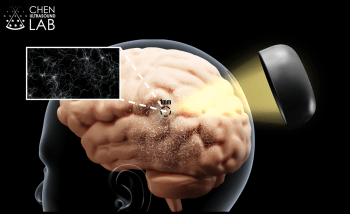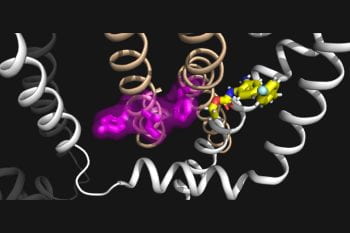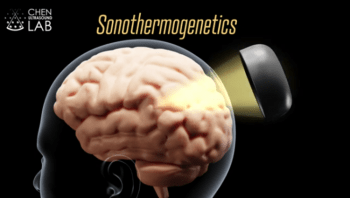Scopus list of Hope Center faculty members’ publications for the week of July 14, 2024
Tag: Jianmin Cui
Hope Center Member Publications: March 17, 2024
Scopus list of Hope Center member publications for the week of March 17, 2024
Hope Center Member Publications: October 22, 2023
Scopus list of publications for October 22, 2023
NIH funds study of ultrasound with genetics to treat brain disorders

Researchers have developed methods to study and manipulate areas of the brain, though many of those methods are restricted by the limited depth that light can reach within the brain. A multidisciplinary team at Washington University in St. Louis plans to overcome that limitation by integrating ultrasound with genetics to precisely modify neurons in the […]
Hope Center Member Publications

Scopus list of publications for June 4, 2023
Induction of a torpor-like state with ultrasound

Some mammals and birds have a clever way to preserve energy and heat by going into torpor, during which their body temperature and metabolic rate drop to allow them to survive potentially fatal conditions in the environment, such as extreme cold or lack of food. While a similar condition was proposed for scientists making flights […]
Hope Center Member Publications

Scopus list of publications for November 20, 2022
Study into potassium channels reveals novel mechanism behind epilepsy, drug modulation

Epilepsy is a neurological disorder that arises from abnormal electrical activity in the brain leading to seizures. These seizure events can have a variety of causes, including genetic variants in a family of proteins that regulate potassium ions in the brain. Researchers at Washington University in St. Louis have led an international team to take […]
Hope Center Member Publications

List of publications for August 3, 2022
Hope Center member publications

List of publications for week of April 4, 2022
Hope Center member publications

List of publications for the week of June 7, 2021
New tool activates deep brain neurons by combining ultrasound, genetics

It is the first work to show that sonothermogenetics can control behavior by stimulating a specific target deep in the brain